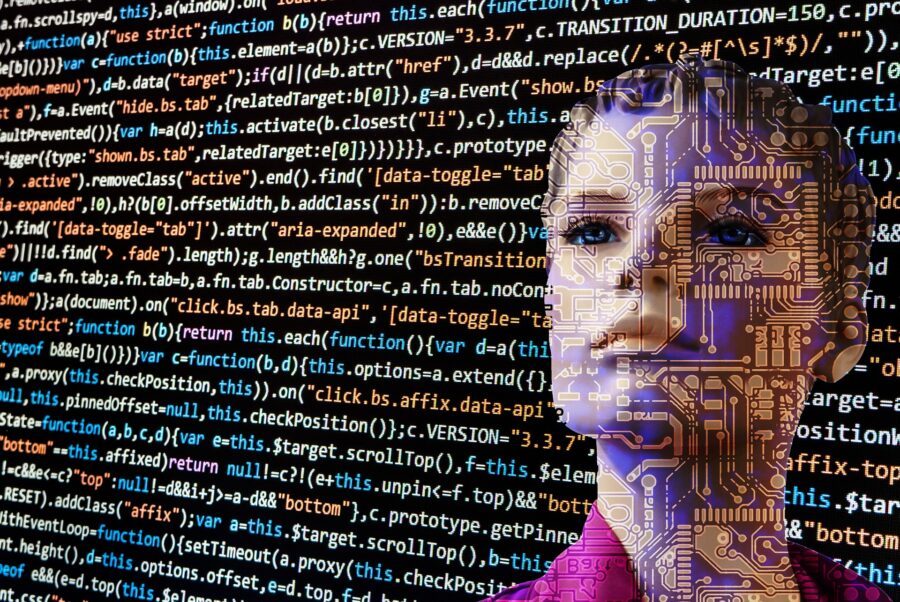AI Writes First Ever Law To Get Passed By Humans And They Didn’t Even Know It

Humanity has taken one step closer to an AI apocalypse. As The Register reports, the first Law ever to be drafted by Chat GPT was just passed in Brazil. The officials who voted on the AI law were unaware that the legislation had been written by artificial intelligence until after it passed.
The council of Porto Alegre recently approved an ordinance that is intended to protect the Brazilian city’s taxpayers from having to pay out of pocket to replace stolen water meters. All 36 of the council’s members voted unanimously to pass the ordinance—completely oblivious to the AI component of the Law they were voting on.
“Unfortunately or fortunately, this is going to be a trend.”
Councilman Ramiro Rosario drafted the text for the proposed ordinance with the help of the popular AI tool ChatGPT. The councilman admitted to reporters that he was afraid if he revealed the true origin of the legislation, it would never pass. “If I had revealed it before, the proposal certainly wouldn’t even have been taken to a vote,” Rosario stated.
This marks the first time in recorded history that AI has been used to help write a proposal that is then voted into law. To be fair, Rosario didn’t ask ChatGPT to construct the whole ordinance from scratch. Instead, the Councilman insists the AI tool was just used to write the Law’s “fine print.” Supposedly, Rosario used a 49-word prompt to instruct the OpenAI chatbot to produce a complete draft of the ordinance.
When word got out that Rosario employed Skynet to help him write the law, the city council president, Hamilton Sossmeier, was not happy. Sossmeier said that using AI to write even part of a law sets a “dangerous precedent.” Eventually, Sossmeier felt he had no choice but to accept that what Rosario did was no anomaly but instead a harbinger of things to come.
“Unfortunately or fortunately, this is going to be a trend,” said Sossmeier.
The problem with letting AI write a law is that it’s extremely risky, especially at this early stage of AI development. Systems like Chat GPT are far from perfect and tend to include false information or simply make stuff up out of thin air. Just this June, attorneys by the name of Steven Schwartz and Peter LoDuca from the firm Levidow, Levidow, & Oberman landed themselves in hot water when they cited fake legal cases fabricated by ChatGPT in a lawsuit.
The officials who voted on the AI law were unaware that the legislation had been written by artificial intelligence until after it passed.
The two lawyers were suing a Colombian airline, Avianca, on behalf of a passenger who sustained injuries while aboard an Avianca plane in 2019. The pair asked ChatGPT to find some similar cases for them to cite in the lawsuit, which the AI did, but it also made a bunch of fake court cases at the same time. Schwartz and LoDuca blamed the disaster on the fact that they didn’t know ChatGPT could just hallucinate things that never happened.
Rosario used a 49-word prompt to instruct the OpenAI chatbot to produce a complete draft of the ordinance.
Unfortunately, rather than learn from our mistakes, humans usually find it easier just to ignore them. Case in point, Rosario still believes using AI to draft laws is fine. “I am convinced that humanity will experience a new technological revolution.” the Councilman said before stressing that any tool developed by humans as a civilization “can be used for evil and good.”
In other words, he thinks we can make friends with the Terminator before it hooks us up to the Matrix and drains our spinal fluid to power its robot dystopia.













